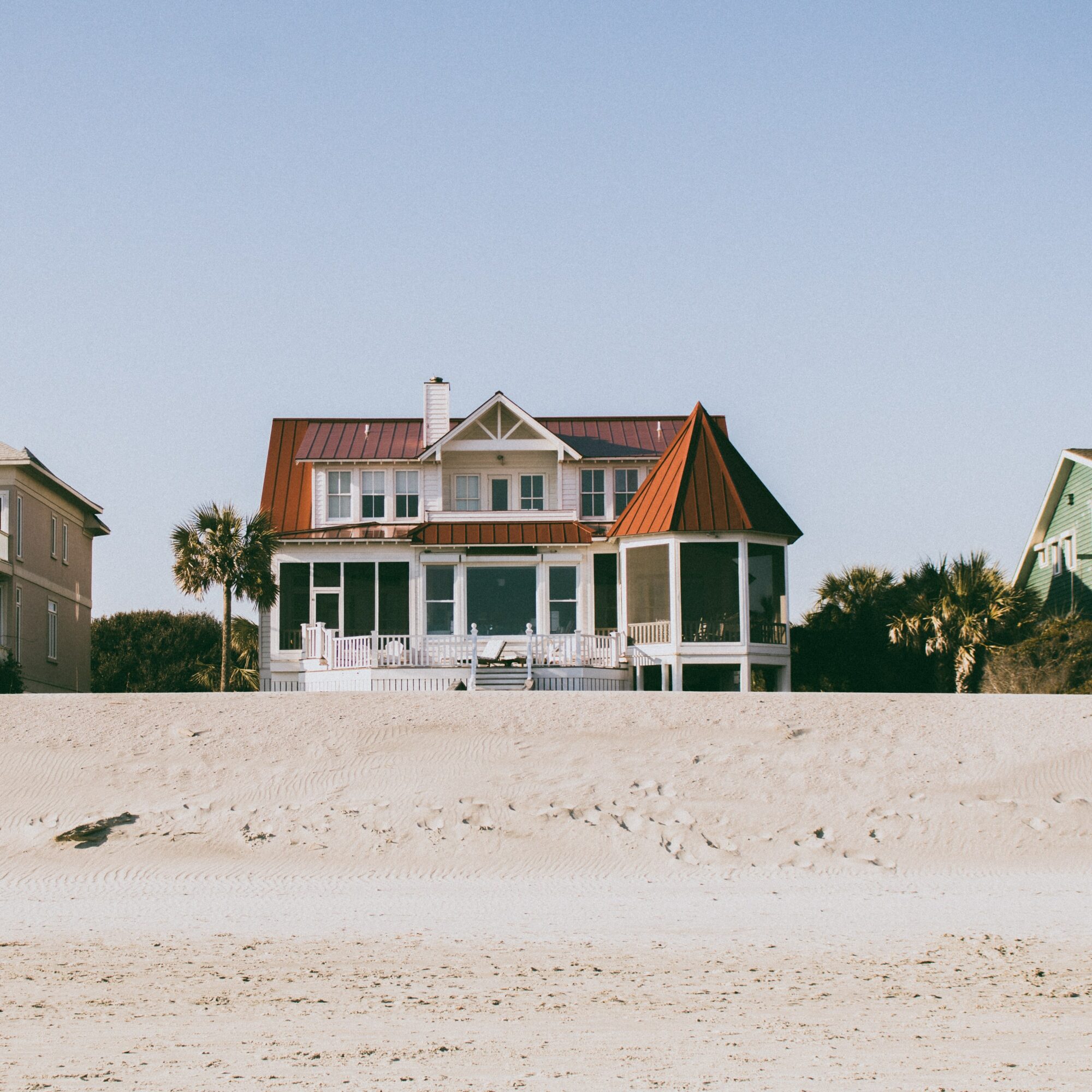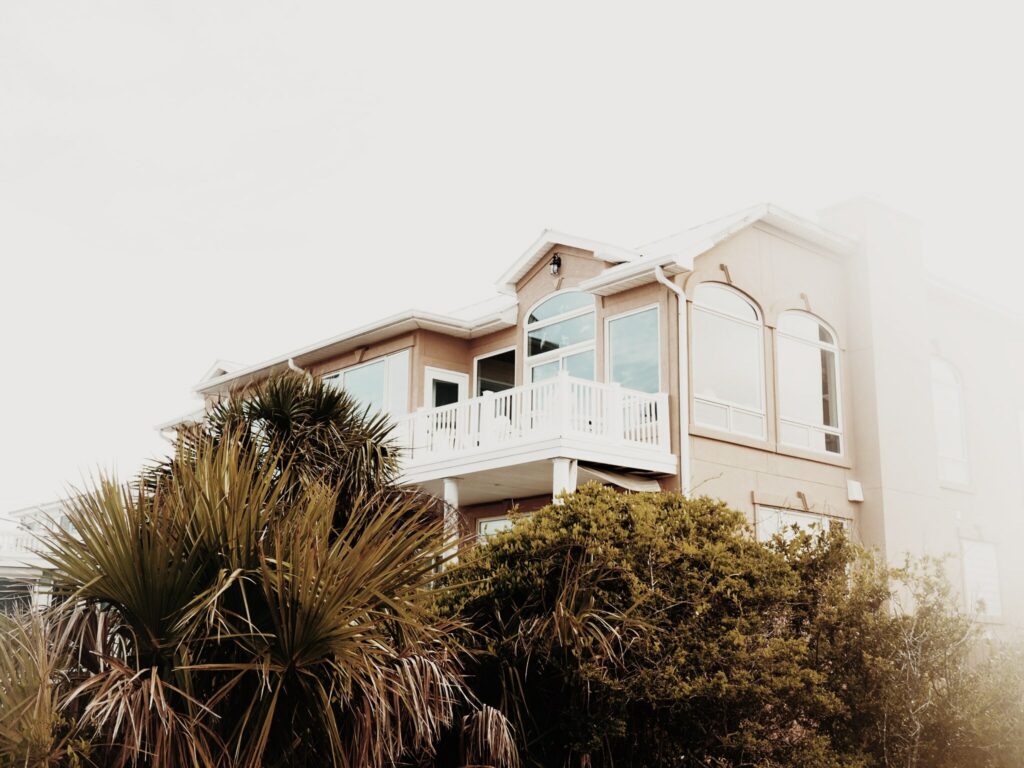
While your lease agreement may protect you from certain tenant mishaps while renting your shore home this summer, there’s no telling what the tide can bring in, from uninvited Fido and Uncle Bob’s clan, to mother nature herself. Here’s some tips just for landlords…
1. Are You Underinsured? Every tenant that comes and goes is like playing another round of Russian roulette for the underinsured landlord. The blame game begins if someone gets hurt on your property. When the high school soccer star renting for the week slips on your deck, bangs up his knee and then misses out on his scholarship to a Big 10, your nightmare’s just underway.
2. Lack of Coverage. Are you a condominium owner renting out your unit? Nothing hurts more than thinking you have coverage when you don’t. Condominium Associations carry what’s called a Master Policy. Many a condo owner would be shocked to learn that this coverage only goes so far.
3. Review Your Policy. Thinking of renting out your shore home this summer for some extra income? Check your policy to make sure that it covers tenant occupancy for liability and property exposures – not all do. Be aware that renewal time is when Insurance companies are likely to change the terms and conditions of your policy.
4. Loss of Rental Income. Mother nature is a beautiful thing at the Jersey shore – but when she’s mad, she can destroy your property. And reconstruction can be known to take longer than a year. When Sandy, Irene or other ‘supercell thunderstorms’ come to town, many of us learn what Florida Homeowners have known for years – mortgage payments, utilities and other bills don’t stop even if income does. Having ample coverage to cover your loss of rental income can help, should a loss occur.
Unsure if you’re properly covered? Contact us today to discuss a risk analysis of your assets.
Tips for Landlords:
- Identify the water and gas turnoffs for the tenants.
- Require tenants to obtain renters insurance with coverage you’re comfortable with.
- Make sure your insurance allows for ‘tenant occupancy.’
- Clearly display local authority contact info (police, fire, hospital, etc).
- Have fire extinguishers in kitchen and garage.
- Close to the water? Have life-ring buoys available.
- Have clearly written instructions for operating household equipment, appliances, etc.
- Ask for a photo ID or passport for those signing the lease. A 3-point verification is recommended.
- Have local contacts that you can call on to provide feedback on a renter’s activities, if needed.
- Provide a toilet plunger for every toilet.

